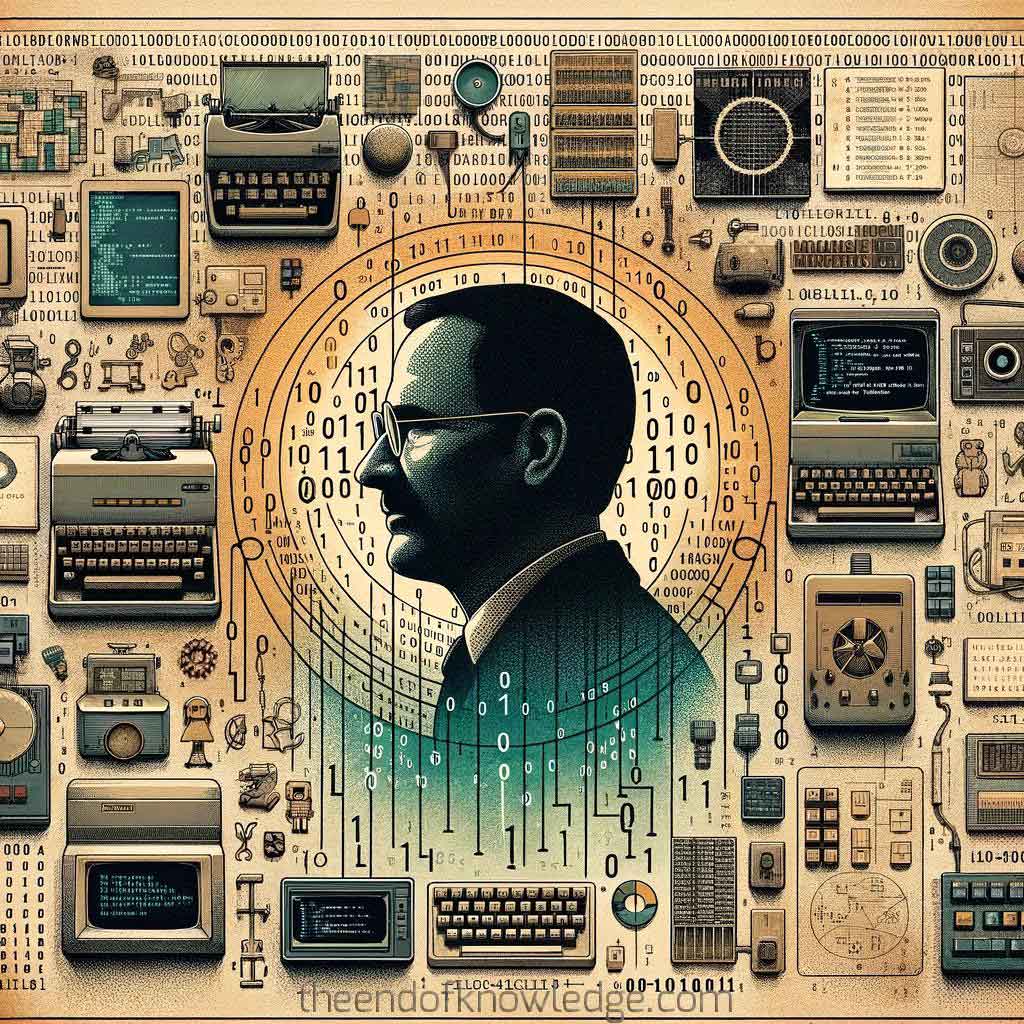 >
>
Concept Graph (using Gemini Ultra + Claude3):
Custom ChatGPT resume of the OpenAI Whisper transcription:
1.- Donald Knuth is a legendary computer scientist and Turing Award winner.
2.- He authored "The Art of Computer Programming" and created tech leading to LaTeX.
3.- Knuth's first large-scale program was written in IBM 650 Assembler in 1957.
4.- His initial programs included a Tic-Tac-Toe game and a number factoring program.
5.- Early experiences in programming included debugging and understanding machine language.
6.- Knuth's work at Stanford's computer center involved writing manuals.
7.- He attributes his career in computer science partly to the poorly written manuals of the time.
8.- His approach to programming was shaped by the limitations and challenges of early computers.
9.- Debugging early programs involved a manual, hands-on process with punch cards.
10.- Knuth's work in the late 1950s coincided with the early era of IBM computers.
11.- He emphasizes the importance of learning from debugging and overcoming technical limitations.
12.- Knuth's approach to programming was fundamentally shaped by these early experiences.
13.- He discusses the evolution of computer technology from his student days to the present.
14.- Knuth reflects on the simplicity and limitations of early computer programming languages.
15.- The interview includes anecdotes about the early days of computing and programming culture.
16.- Knuth's journey in computer science began with curiosity and a drive to understand machines.
17.- He experimented with machine learning in his early programming projects.
18.- Knuth's work in the 1950s and 1960s laid the foundation for his later contributions.
19.- He shares insights on the development of programming languages and their impact.
20.- Knuth's experiences highlight the rapid evolution of computer technology and programming.
21.- The interview touches on the historical context of computing during Knuth's early career.
22.- Knuth's passion for problem-solving and innovation in computing is evident.
23.- He reflects on the trial-and-error nature of programming in the early days.
24.- The interview provides a personal perspective on the history of computer science.
25.- Knuth's work exemplifies the intersection of technical skill and creative problem-solving.
26.- He discusses the challenges and rewards of working with early computer systems.
27.- The interview offers insights into the mindset and methodologies of a pioneering computer scientist.
28.- Knuth's experiences underscore the importance of perseverance in technological innovation.
29.- He shares stories that illustrate the evolution of his thinking and approach to programming.
30.- The interview is a valuable resource for understanding the early days of computer science and Knuth's contributions.
Interview byLex Fridman| Custom GPT and Knowledge Vault built byDavid Vivancos 2024